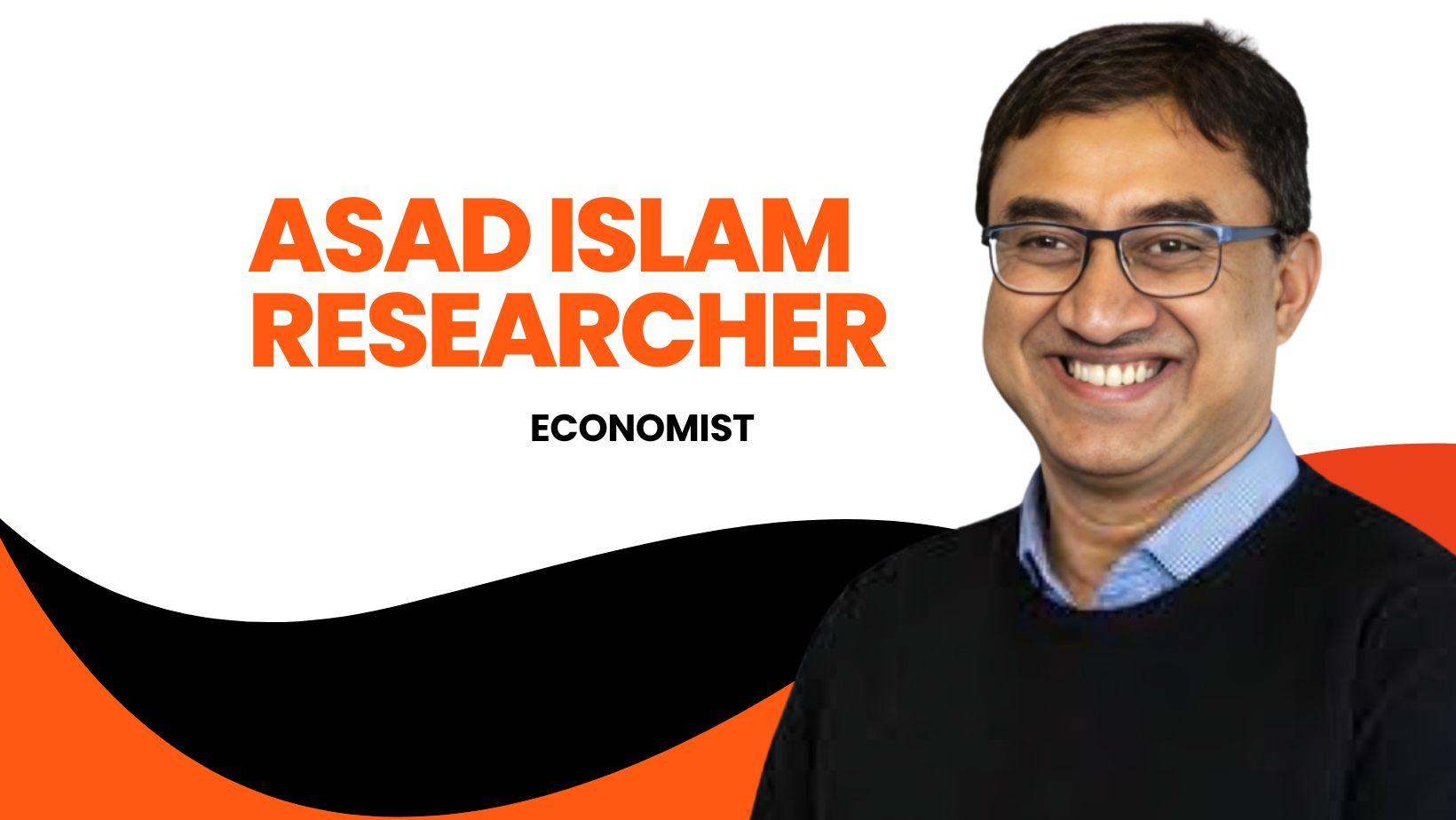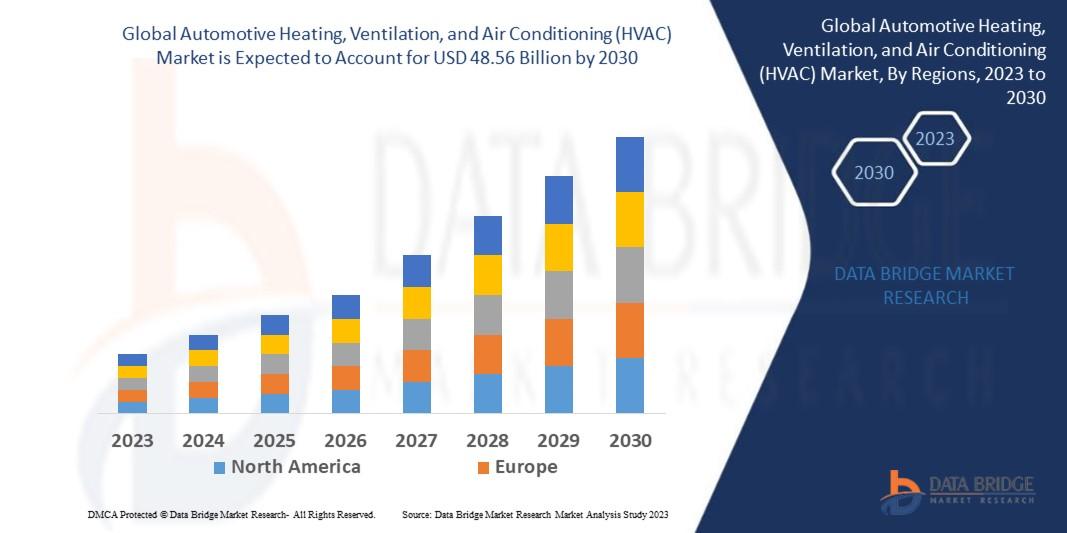Asad Islam Research Journey: From Data Collection to Policy Transformation

In an increasingly complex world, understanding how research can directly influence policy is critical. How can rigorous data collection and analysis inform programs that shape economic and social outcomes? Asad Islam Monash University, a renowned Asad Islam Researcher and Asad Islam Economist, exemplifies the transformative power of evidence-based research. His journey demonstrates how carefully designed studies, including Asad Islam RCT methodologies, translate data into actionable policies that improve lives globally.
Islam’s work emphasizes the full research lifecycle—from initial data collection to policy implementation. By bridging the gap between academia and practice, he ensures that empirical evidence informs programs in financial inclusion, education, and social welfare. His extensive body of research is available through his Monash University profile and Google Scholar.
The Foundations of Asad Islam’s Research
At the core of Islam’s research philosophy is the principle that robust data underpins effective interventions. Evidence-based approaches reduce reliance on assumptions, providing policymakers with reliable insights.
Data Collection: The First Step
Islam’s research begins with meticulous data collection. Whether through surveys, administrative records, or digital tracking, the aim is to gather accurate and representative information. In one of his projects on digital financial services, data was collected from over 5,000 households across rural regions, ensuring diversity in income levels, gender, and education. This careful sampling guarantees that findings reflect real-world variability (Google Docs Dataset).
Key aspects of data collection in Islam’s research include:
-
Precision: Structured instruments minimize measurement errors.
-
Relevance: Variables are chosen to directly inform policy questions.
-
Ethics: Participants’ consent and privacy are prioritized, ensuring credibility and trust.
Analytical Rigor: Turning Data into Insight
Once data is collected, the next step involves rigorous analysis. Islam employs advanced econometric models and RCTs to determine causal relationships. By comparing outcomes between treatment and control groups, he isolates the effects of specific interventions, providing clear guidance for program design.
For example, in microfinance studies, his analyses revealed that combining credit with business training increased income by up to 30% over a year compared to credit-only programs. These insights inform organizations seeking to optimize microcredit initiatives (ResearchGate Profile).
Case Studies: From Evidence to Policy
Financial Inclusion Programs
Islam’s research has made substantial contributions to financial inclusion. Through RCTs, he has evaluated digital wallets, mobile banking adoption, and financial literacy interventions.
One notable finding is that pairing mobile banking enrollment with targeted financial education increased account usage by 40% among rural households. Policymakers have used these results to scale mobile banking initiatives and design financial literacy campaigns that are culturally and contextually appropriate (VoxDev).
Microcredit and Entrepreneurship
Microcredit programs can empower communities, but success depends on complementary support. Islam’s studies consistently show that combining loans with mentoring or skills training enhances long-term outcomes. Entrepreneurs who received both resources reported higher business survival rates and income growth compared to those receiving credit alone (CEPR Profile).
Education and Conditional Cash Transfers
Islam also explores interventions in education. His RCTs on conditional cash transfers, scholarships, and vocational training demonstrate how incentives can improve attendance, learning outcomes, and employability. Policymakers leverage these insights to design programs that maximize educational returns for underserved populations (UNESCO Inclusive Policy Lab).
Translating Research into Policy Impact
One of Islam’s key strengths is bridging the gap between academic research and actionable policy. By collaborating with governments, NGOs, and international organizations, he ensures that evidence informs program design, funding decisions, and evaluation frameworks.
Best Practices in Policy Translation
-
Stakeholder Engagement: Involving local authorities and communities ensures relevance and acceptance.
-
Scalable Interventions: Programs are designed for expansion without compromising effectiveness.
-
Continuous Monitoring: Ongoing data collection helps refine interventions and maintain accountability.
Overcoming Common Challenges
-
Contextual Variability: Results may differ across regions. Islam emphasizes adaptation to local socioeconomic conditions.
-
Short-Term Focus: Policymakers may prioritize immediate outcomes; Islam advocates long-term evaluation to ensure sustainability.
-
Communication Gaps: Presenting findings in accessible language helps policymakers implement evidence effectively (LinkedIn Profile).
The Global Reach of Asad Islam’s Research
Islam’s research has informed programs in Asia, Africa, and Latin America. By demonstrating the universal applicability of rigorous evidence, he provides a model for integrating research into global development strategies.
Financial Systems
His work on digital banking has influenced national strategies for financial inclusion, especially in countries aiming to reduce reliance on cash transactions. Evidence from his studies highlights the need for user-friendly digital interfaces and complementary financial education.
Entrepreneurship and Poverty Alleviation
Microfinance programs informed by Islam’s research now include skills training components, improving business sustainability and income security. Governments and NGOs apply these findings to enhance program design, ensuring that interventions deliver measurable benefits.
Education Policy
Educational programs in developing countries increasingly incorporate conditional cash transfers and performance-based incentives, based on evidence from Islam’s RCTs. These strategies improve student retention and learning outcomes while optimizing resource allocation (Economics Observatory).
Actionable Steps for Researchers and Policymakers
Drawing from Asad Islam’s methodology, practitioners can adopt the following steps:
-
Define Clear Objectives: Identify specific policy questions and desired outcomes.
-
Collect Reliable Data: Use representative sampling and validated tools to ensure accuracy.
-
Design Rigorous Studies: Employ RCTs or quasi-experimental designs to determine causality.
-
Analyze and Interpret: Focus on actionable insights rather than abstract statistical significance.
-
Communicate Effectively: Tailor findings to stakeholders’ needs for maximum impact.
These steps not only enhance research credibility but also ensure that evidence drives real-world change (Research CV).
Conclusion
The research journey of Asad Islam Monash University illustrates how empirical evidence can transform policy and practice. Through meticulous Asad Islam RCT studies, advanced data analysis, and practical application, he bridges the gap between academia and policy-making.
From financial inclusion to education and entrepreneurship, Islam’s work underscores the value of evidence-based interventions. Policymakers, researchers, and practitioners can learn from his methodology to implement programs that are both effective and scalable. By following his example, the research community ensures that data-driven insights lead to tangible improvements in global social and economic outcomes.
For more insights into his research, findings, and publications, explore his profiles on Google Scholar, ResearchGate, and VoxDev.





